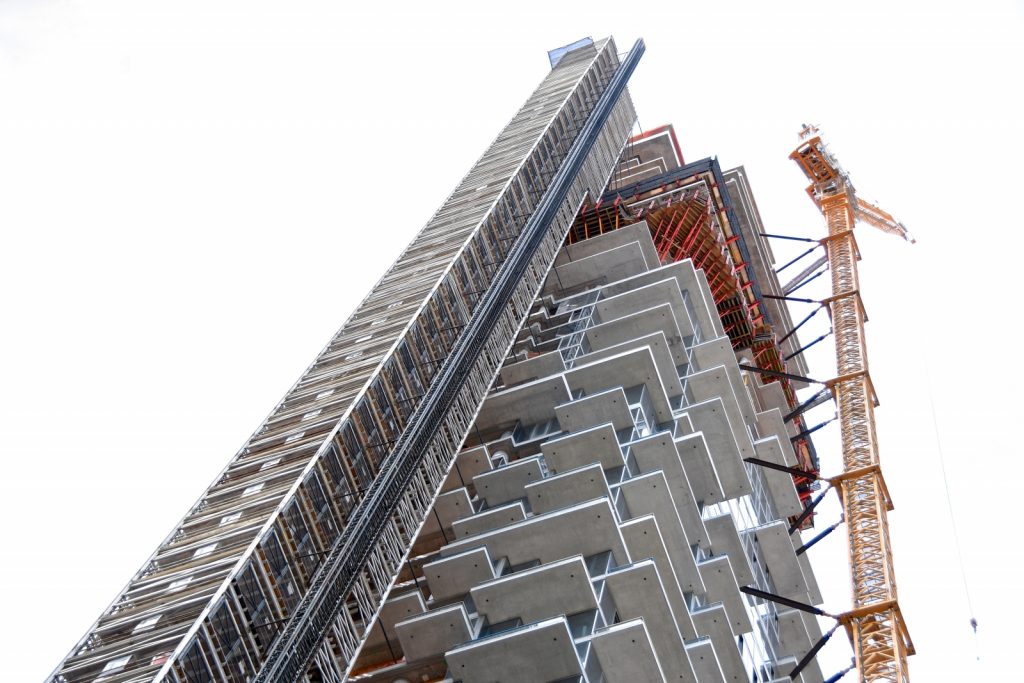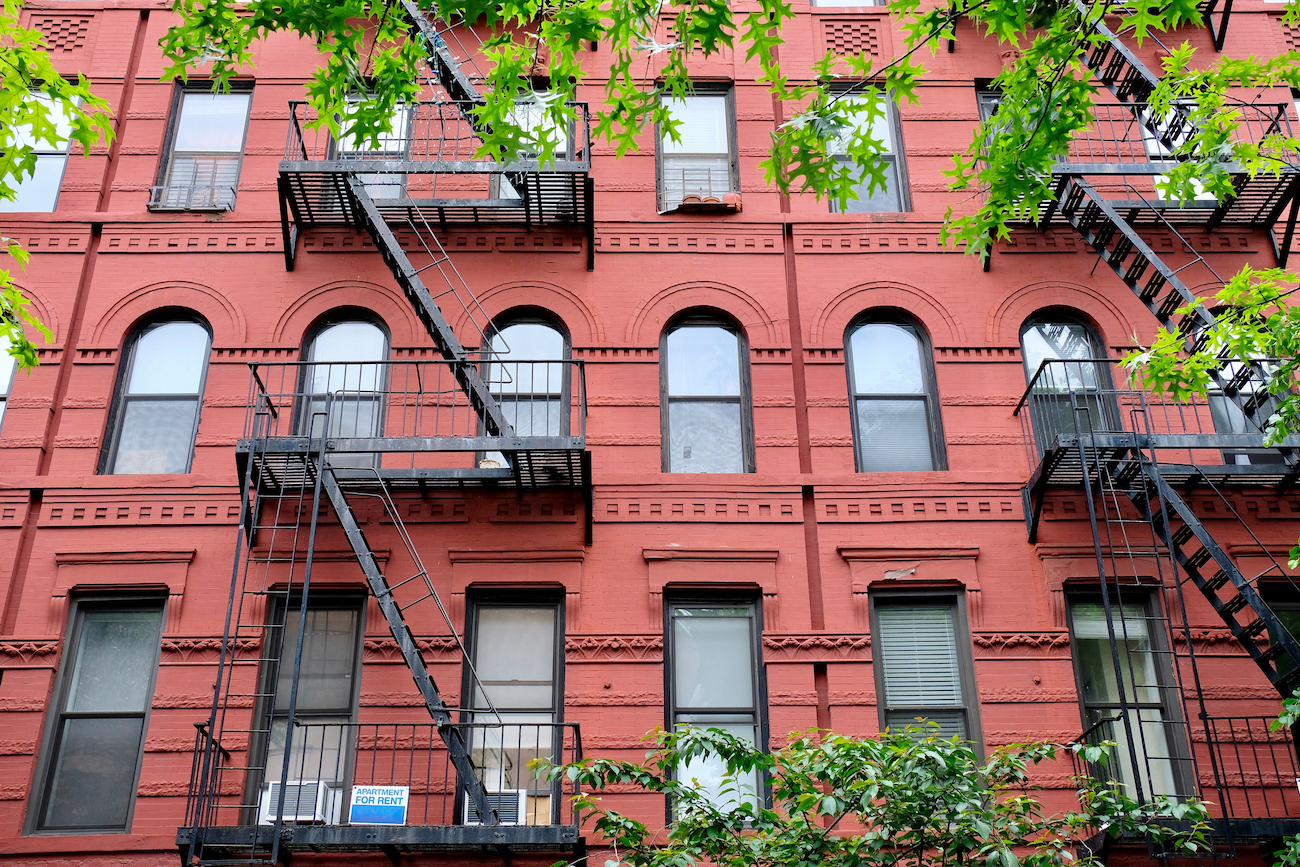
If you’re in the market to buy an apartment in New York City, you’ve probably kept tabs on a few properties you like. Perhaps you saved some as favorites. Then, you get an email alert that indicates the apartment’s “status” has changed. This could be due to a few things: a price change, an open house notice, or the apartment moved to a different status, such as it’s “in contract.” As you excitedly open the email, you see the unthinkable. The price hasn’t decreased, but increased!
How does this happen? Here are a few reasons:
New Development Marketing
When ground-up developments or condo conversions hit the market, apartments are listed in phases. Some apartments will go into contract immediately at the price points at which they’re originally listed. However, some may lag behind because there aren’t enough buyers to absorb the inventory, or perhaps the units are somewhat less desirable than others. Generally, once the majority of the batch is in contract, sponsors may file amendments to reprice the next batch at a higher price point. When this new batch makes its way to the market, the sponsor might drag the available units from the first batch up in price to be at parity with the new group of units. This cycle will often continue until the majority of units are in contract. It is a way to effectively market the apartments as well as squeeze more margin out of the development.
Apartment Gets Bid Up, But No Deal Is Made
When there are many bids coming in on a property, it might mean the price was set too low. It could also be the broker’s strategy to try to start a bidding war. While the strategy works, getting multiple buyers involved in a round of bidding may ultimately blow up a deal altogether, as buyers may get turned off by the whole process or feel pressure into bidding up the property to a point where they no longer feel comfortable. When a bidding war goes sour, the seller might just simply increase the price. Also, when offers come in just under ask, it might be strategic to bump up the price just a touch, so that the seller can get a bid at the price at which they actually want to sell.
Making the Listing Stay Relevant
Sometimes when a listing has been sitting on the market without any bites from potential buyers, the property may start to appear stagnant. A broker may then decide that it’s time to turn up the price. The listing will then show up toward the top of a search when filtering for most recently updated properties. Also, it will send property update email alerts to interested parties who have saved the listing. The broker figures that going down in price is a slippery slope, but increasing the price slightly could get a potential buyer back in the mix, with the intent of settling on the originally listed price.
Also, with this strategy in mind, a broker who increases the price point may just as quickly drop it back down to the original price in order to trigger another alert and to show up at the top of the search.
Summary
When prices go up on properties, don’t stress. Consider the numerous reasons why it might be happening, and continue to pursue the apartment with an open mind. As you may discern from the points above, bumping up the price is often about the optics and perception that the listing is hot and still available.
—
Hey, why not like StreetEasy on Facebook and follow @streeteasy on Instagram?










